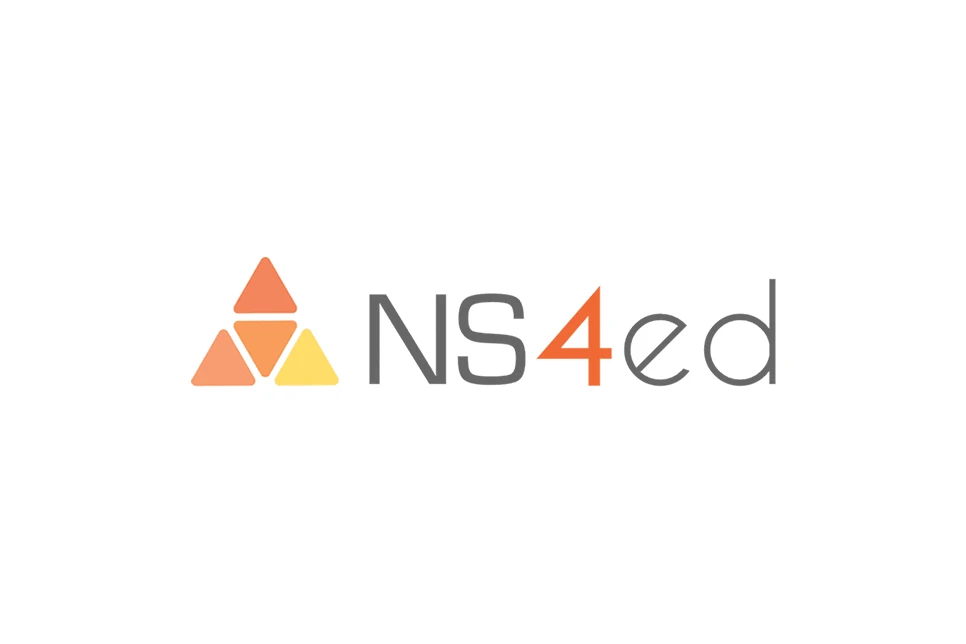
In this special KGL Summer School post, we spotlight five classic classroom confusions that often make their way into textbooks, worksheets, and teaching examples.

Writing effective exam questions is a nuanced process, particularly when it comes to assessing critical thinking.

K-12 publishers in the U.S. face challenges navigating changing state legislation on educational content, risking adoptions and revenue.

Recently, the KGL Smart Lab team explored how a custom GPT can be used in the production of examination items, and there were some very interesting key findings and takeaways.

In today’s classroom, assessments must meet a variety of requirements, including grade-appropriate readability, lack of bias, coverage of state or national standards, and targets for depth of knowledge (DOK) and Bloom’s taxonomy.

Earlier this summer, KnowledgeWorks Global Ltd. welcomed Vanessa Vaughn as Senior Director, Content Services in our K-12 and Higher Education group to oversee content development for science and humanities subjects.

Over the last decade, in response to a changing, better-informed world, the publishing industry has taken steps to bring more diversity into the workforce as well as to make its content more inclusive.

There is no question that technology, particularly in the last two years, has played a large role in the field of education. With remote learning, students and educators were required to become not only familiar but fluent in EdTech.

NS4ed is a rising leader in technology-based career and college education services and actionable research.

